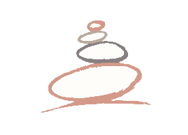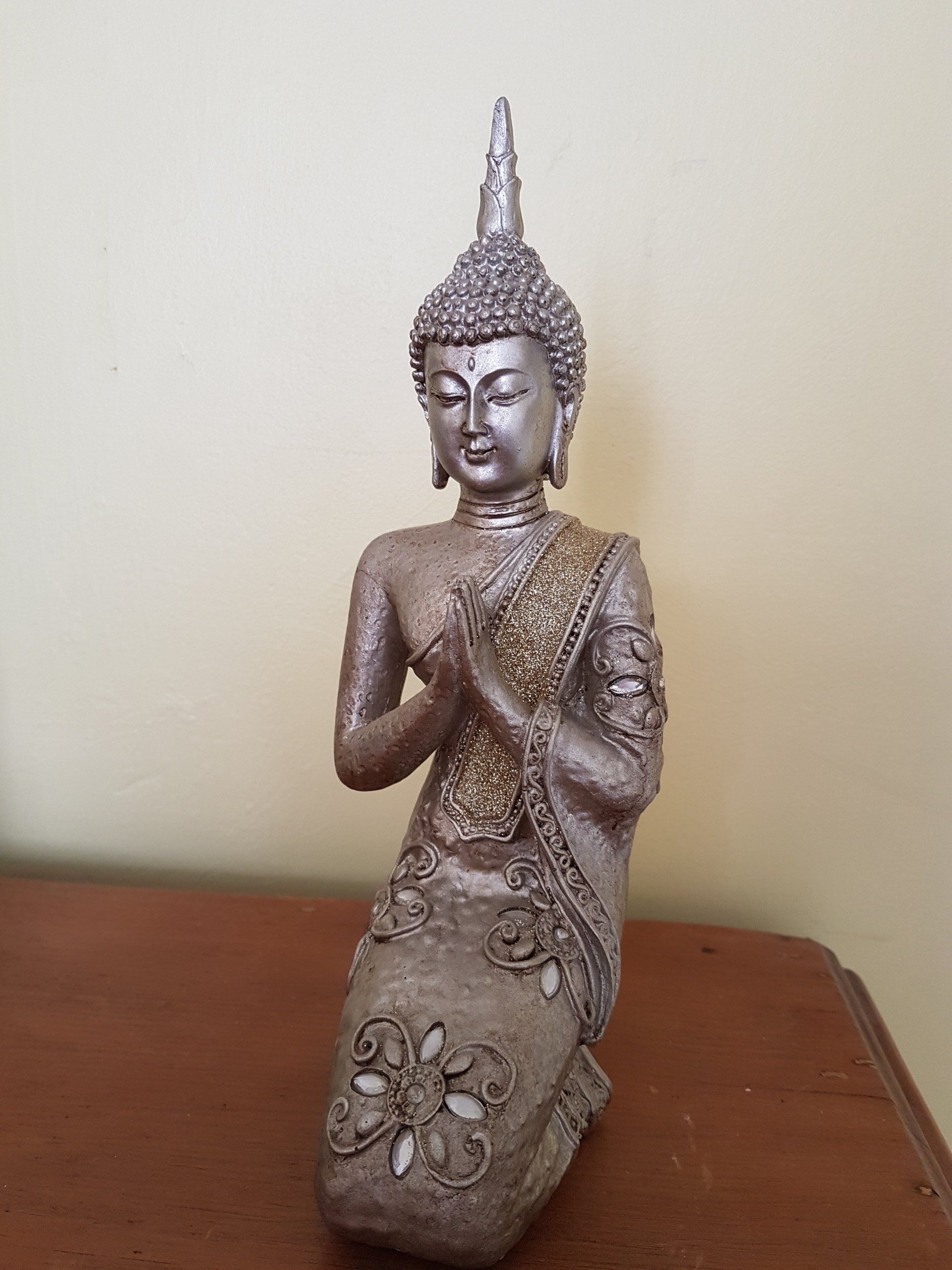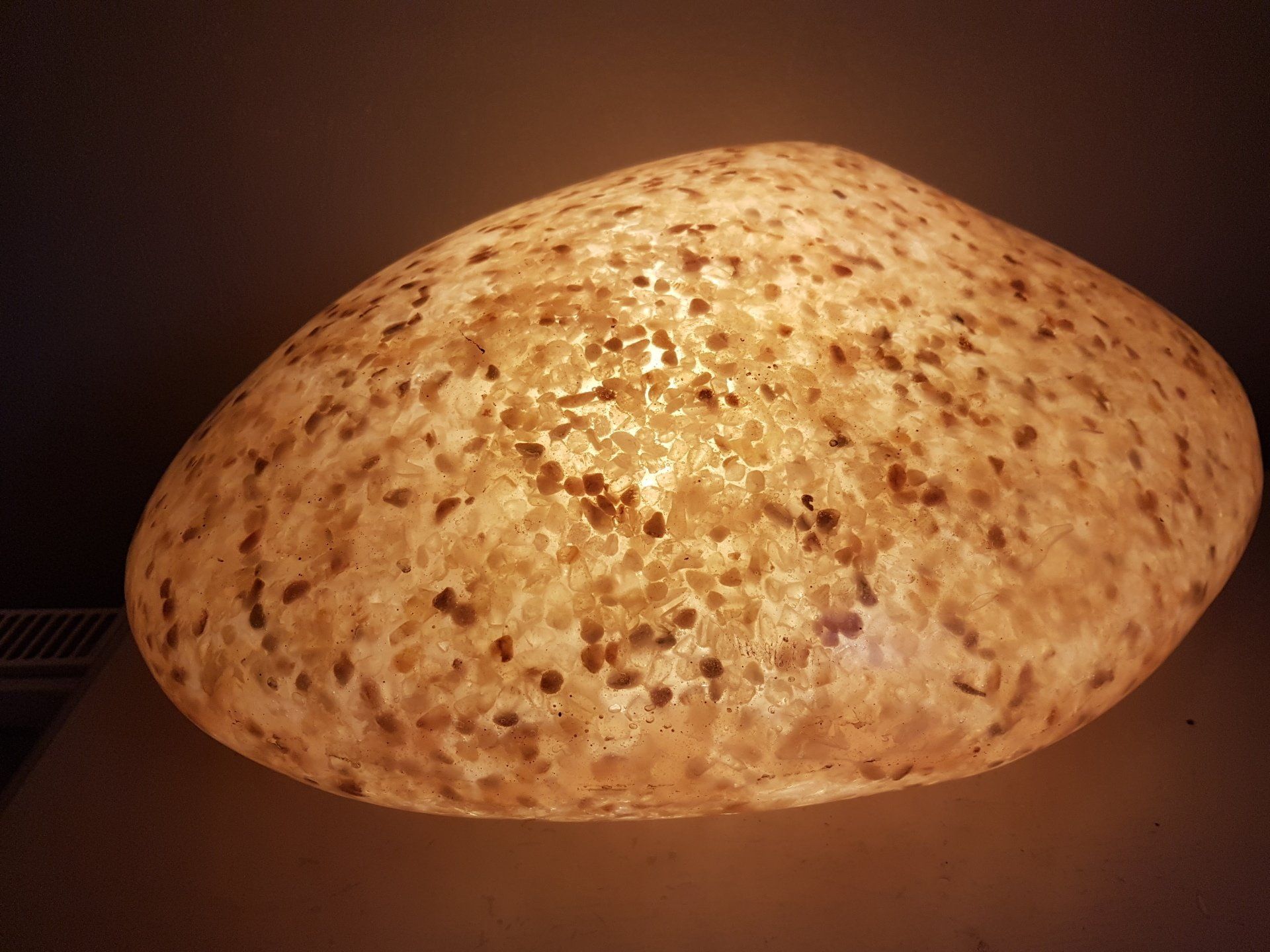Process Addiction
Process Addiction
Pour plus d'informations, téléphonez au ( 44) 08454670612 ou ( 44) 07593809574 ou envoyez-nous un e-mail
A process addiction is a compulsive behaviour, such as compulsive gambling, sexual addiction, eating disorders and spending addictions such as being a shopping continuously. Process addiction is often defined as “A condition in which a person is dependent on some type of behaviour, such as gambling, shopping, or sexual activity.” This term is often used as a blanket for any behavioural addiction which does not involve an addictive chemical such as alcohol or heroin. This is ironic as there are actual chemical processes which occur during the behaviour which are very similar to the chemical changes which take place during substance abuse.
Tout processus de changement peut être un défi
When a habit or hobby becomes an addiction. A process addiction is characterised by:
- An obsessive need to be involved with the activity, or planning the activity.
- Neglecting responsibilities in favour of doing the behaviour (Showing up late to work due to gambling late the night before).
- Your behaviour is interfering with your relationships, such as infidelity, neglect of children or change in friendships.
- Legal trouble, such as illegal gambling, prostitution, or breaking laws in order to engage in your behaviour of choice.
- Financial difficulties, such as maxed out credit cards, high level of dept or even dept collectors calling
- You feel as if you do not have control over whether or not you participate in the activity.
- Your life started to revolve around your behavioural addiction.
Process addictions can be overlooked addiction by some addiction treatment providers, as they can be overshadowed by substance addictions such as alcoholism. At Tower Counselling we feel this is unfortunate as the suffering, loss of life and family, and debilitating consequences are no less. Process addictions require psychological treatment to be successfully overcome. Even though process addiction is often coupled with drug addiction, at Tower Counselling we recognise that each addiction needs to be tackled in order for a full recovery to take place.
Every Journey starts with a Single Step
The reasons that these addictions are often overlooked lie in a combination of shame, guilt and lack of understanding. It is somewhat easy to comprehend the chemical addiction of a person who abuses substances while the strong psychological compulsions of the process addict are often ignored. It is not as simple as “just stopping” or “willpower”. There are real chemical and biological changes which occur in the brain of someone who has a process addiction.
This addictive process is complex, and has several influencing factors. An individual’s mental state, genetics, social status and present or past life experiences all influence the addict and the timeline of their addiction. However it is well known both for substance and process addictions that a person’s reward center in their brain is stimulated causing release of chemicals into the body and brain which drive addictive behaviours. Put simply, this chemical charge feels good. So the addict keeps chasing the “high” whether it is the up and down roller coaster of gambling or the highs and lows of cocaine addiction. Most people enjoy this type of “natural high”. Many people gamble for fun, or get a buzz from finding a real bargain in the sales. Often we enjoy very large meals or enjoy the chase and energy when we are attracted to someone. This is how it can begin for the process addict however for unknown reasons some individuals keep doing the same “feel good behaviour” over and over. This can have very damaging consequences. Obvious side effects of gambling addiction
are debt, bankruptcy job and relationship breakdowns. Compulsive eating can lead to health problems and psychological and mental health problems.
Whatever the addiction or compulsion is, treatment is often necessary to completely abstain. At Tower Counselling we offer a variety of proven therapeutic interventions. Telephone us on (+44) 08454670612
or (+44) 07593809574
or email
us for more information.














